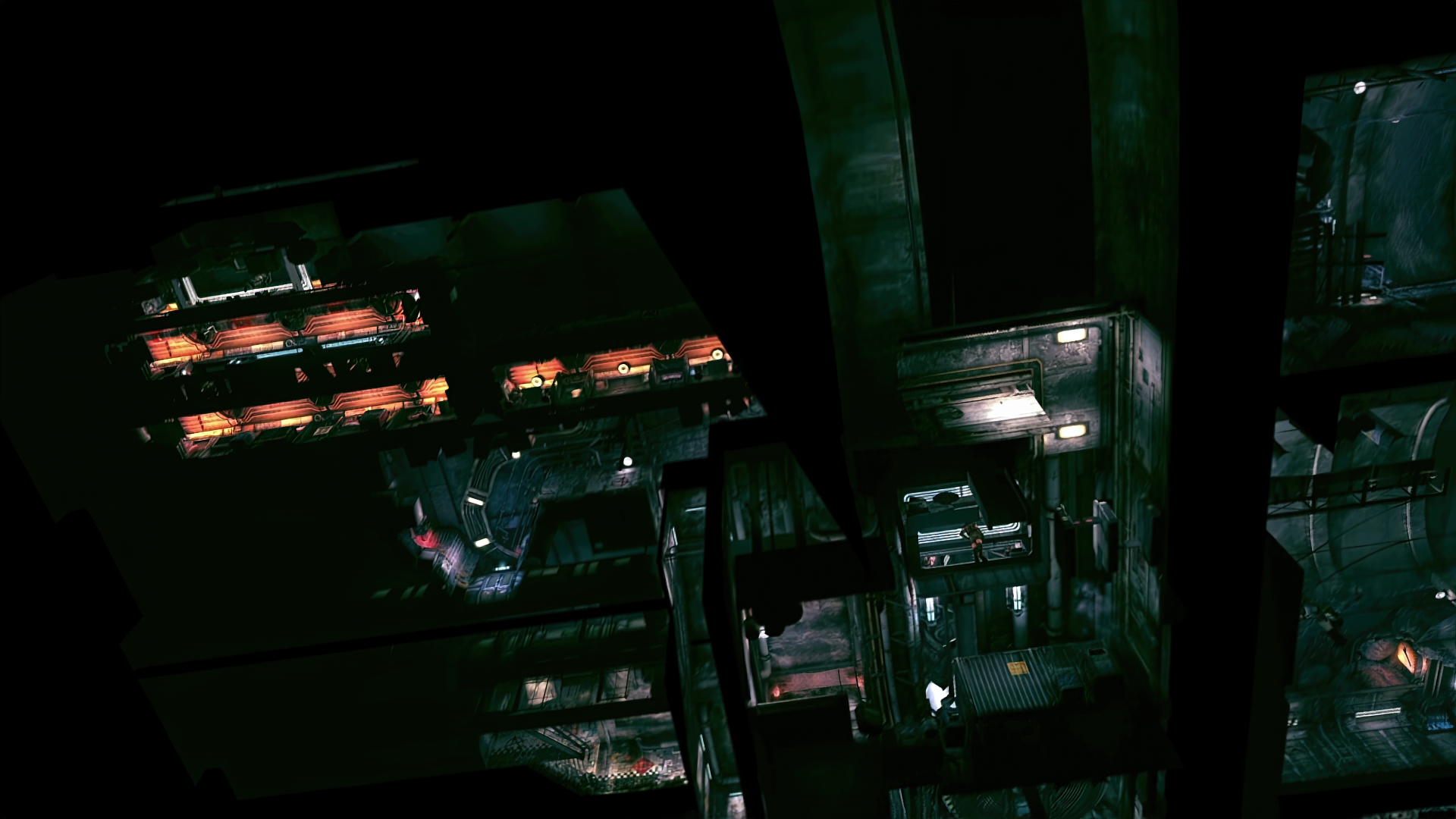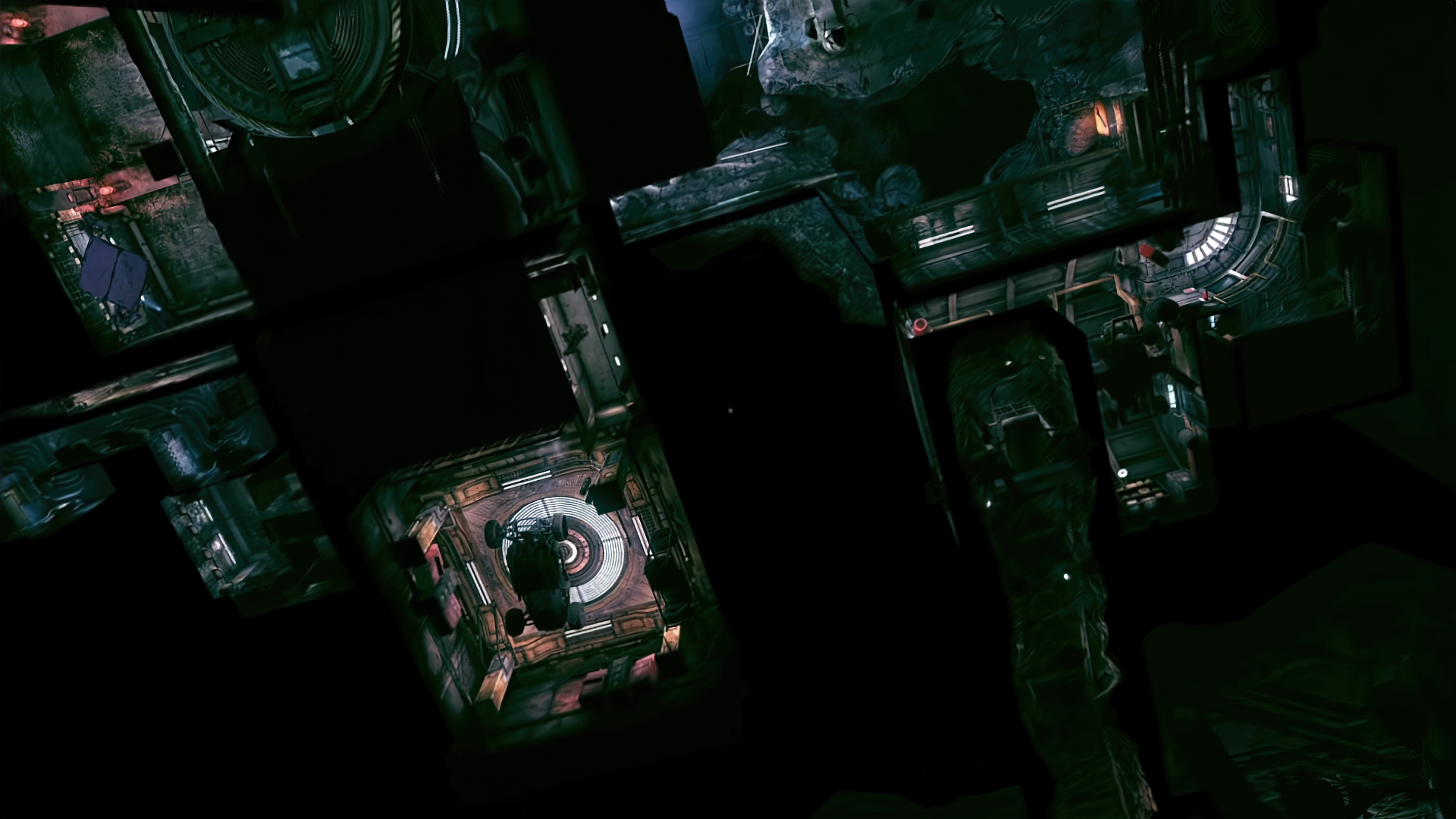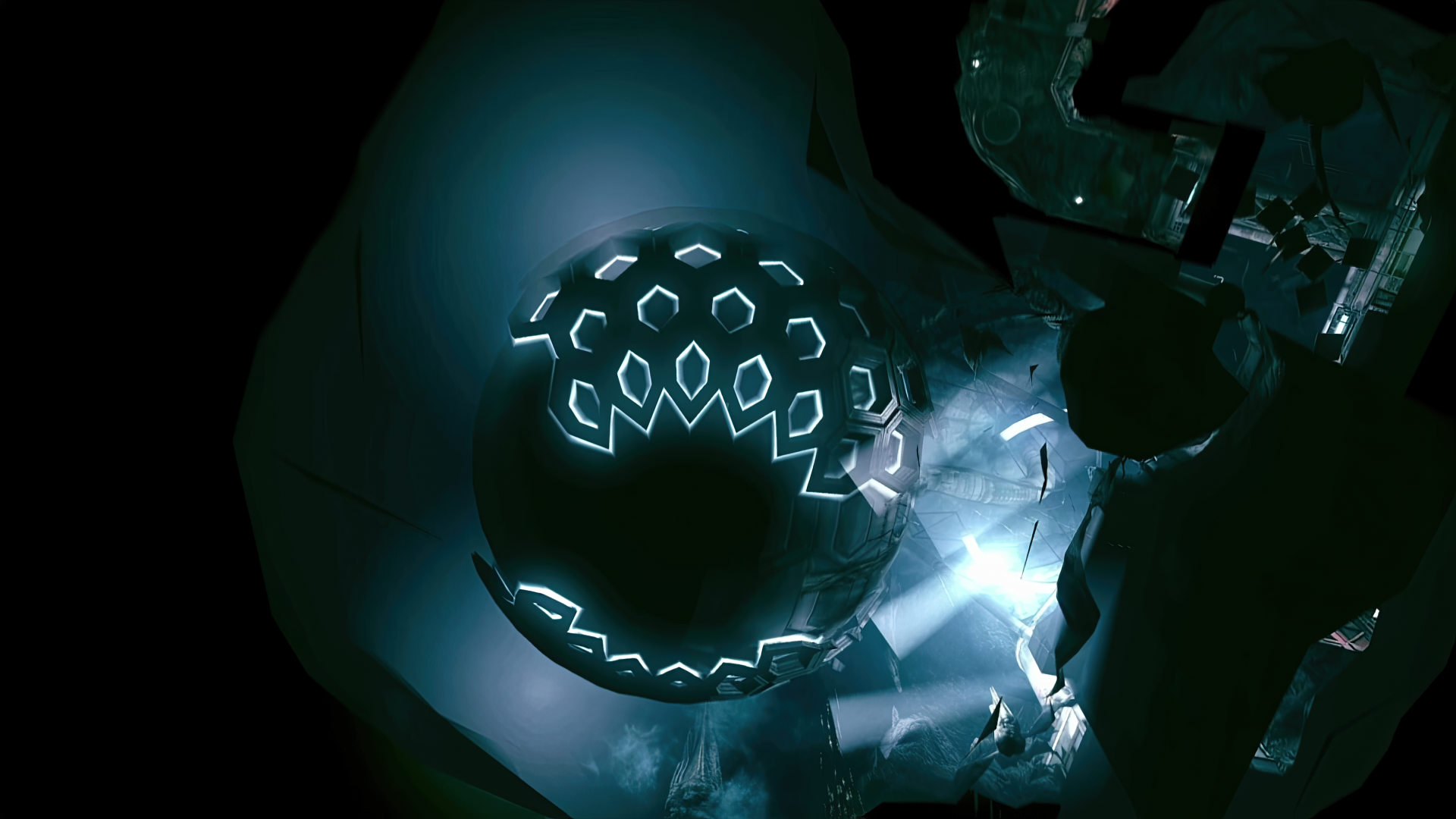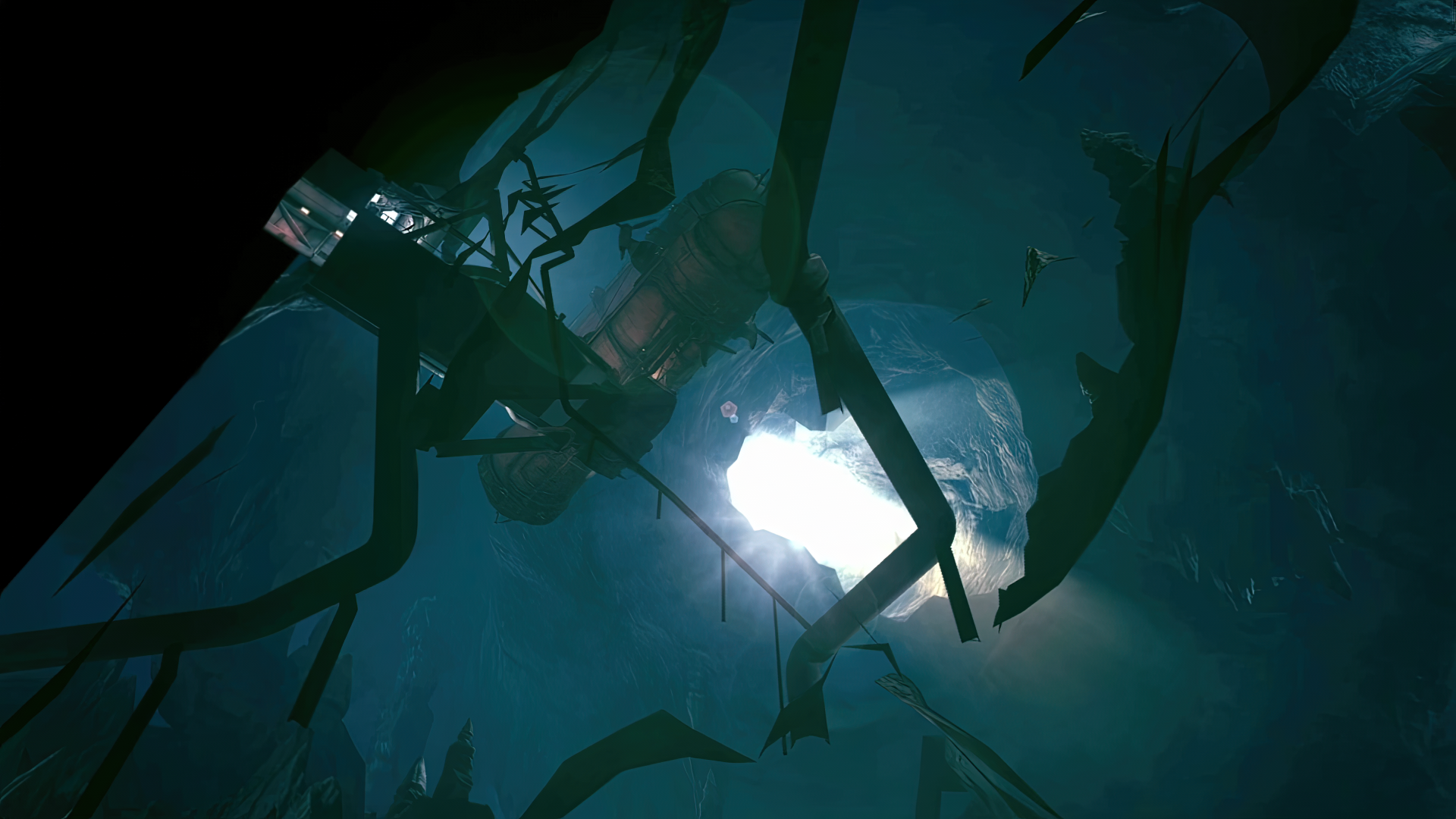PATREON-EXCLUSIVE CONTENT
〰️
PATREON-EXCLUSIVE CONTENT 〰️
Currently on display at VRAL is Ghost City Hugo Arcier’s groundbreaking 2016 video installation, which, until now, has never been exhibited online. We are complementing the exhibiting with a deep dive into Arcier's game-inspired and game-based artwork, including his machinima.
Long before 11 Executions — a bold reinterpretation of Alan Clarke’s Elephant (1989) that we discussed a few days ago — Hugo Arcier delved into the realm of short-form game videos, and specifically machinima. Over a decade ago, he harnessed a modded version of Rage and Grand Theft Auto V to capture a unique scene from an unconventional perspective, i.e., from below, christening it Limbus.
This evocative term, laden with manifold interpretations, can be found in diverse contexts. For instance, in Roman Catholic theology, “limbo” embodies a speculative notion concerning the fate of unbaptized infants who depart before receiving the sacrament. It was once conceived that these tender souls might dwell in a state of natural bliss but find themselves excluded from the full embrace of God’s presence in heaven. In short, here “limbo” evokes an idea of incompleteness, a lack. Turning to ancient beliefs rooted in mythology and folklore, “limbo” assumes a different meaning. Here, it is conceived as an intermediary space between the realms of celestial bliss and infernal torment — a transient afterlife realm where souls neither face punishment nor revel in rewards. Limbo assumes therefore a spatial connotation, albeit a supernatural, intangible one and the moral implications are less manifest. Beyond religious doctrines, the term’s metaphorical use permeates everyday language, portraying a state of ambiguity and uncertainty, where progress remains elusive and unclear. Last but not least, Limbo is the title of one of the best video games ever made, but that's a different story.
For Arcier, “limbo” unravels a compelling secret within the confines of a video game — a clandestine, normally inaccessible domain waiting to be unearthed through the quasi-mystical process of glitching or modding. “Limbus,” he notes, unlocks unforeseen possibilities, offering an alternative lens through which one can fully grasp the meaning of (virtual) reality. In his view, a mere bug or glitch brings magic into the simulation, granting access to uncharted territories, situated within the very “limbo of the game.”
Matteo Bittanti
This is a Patreon exclusive content. For full access consider joining our growing community.







